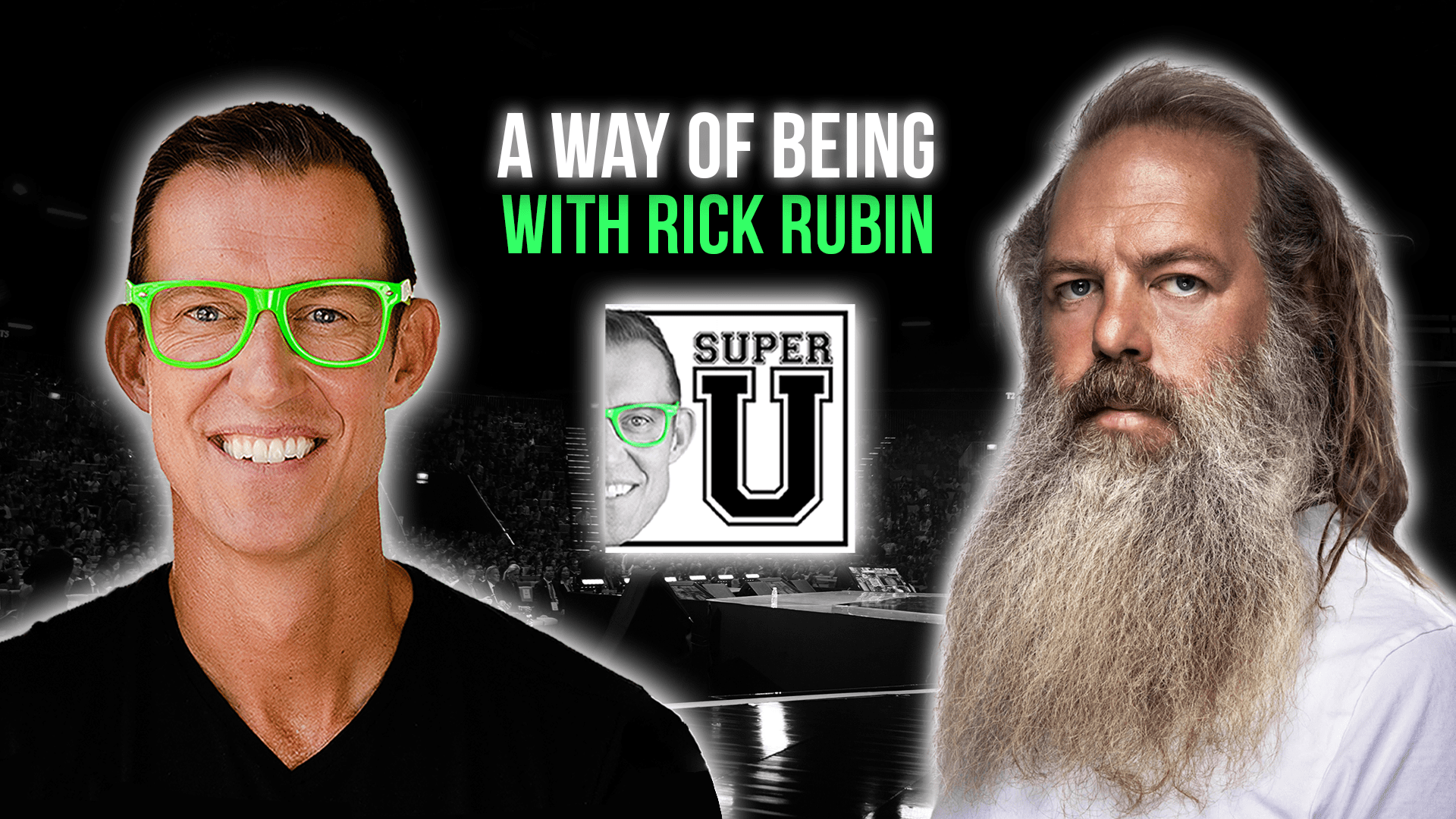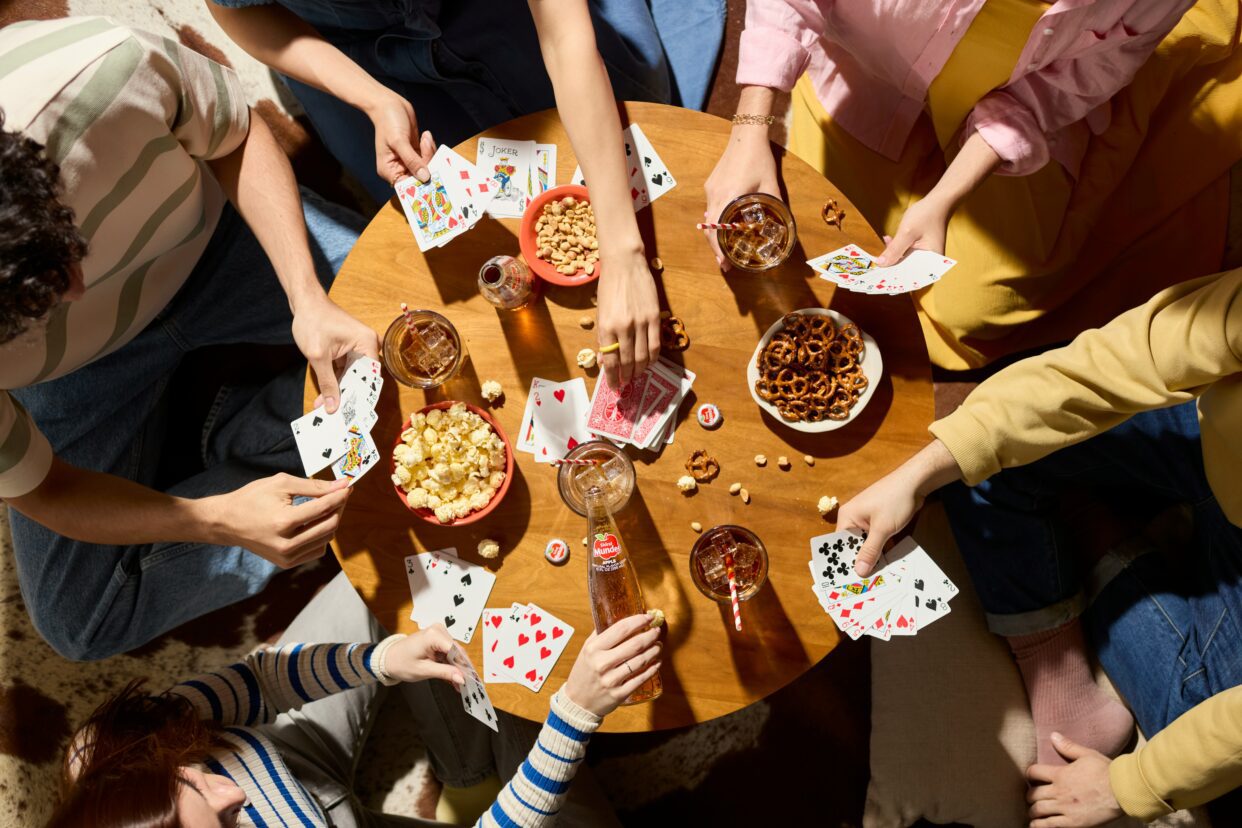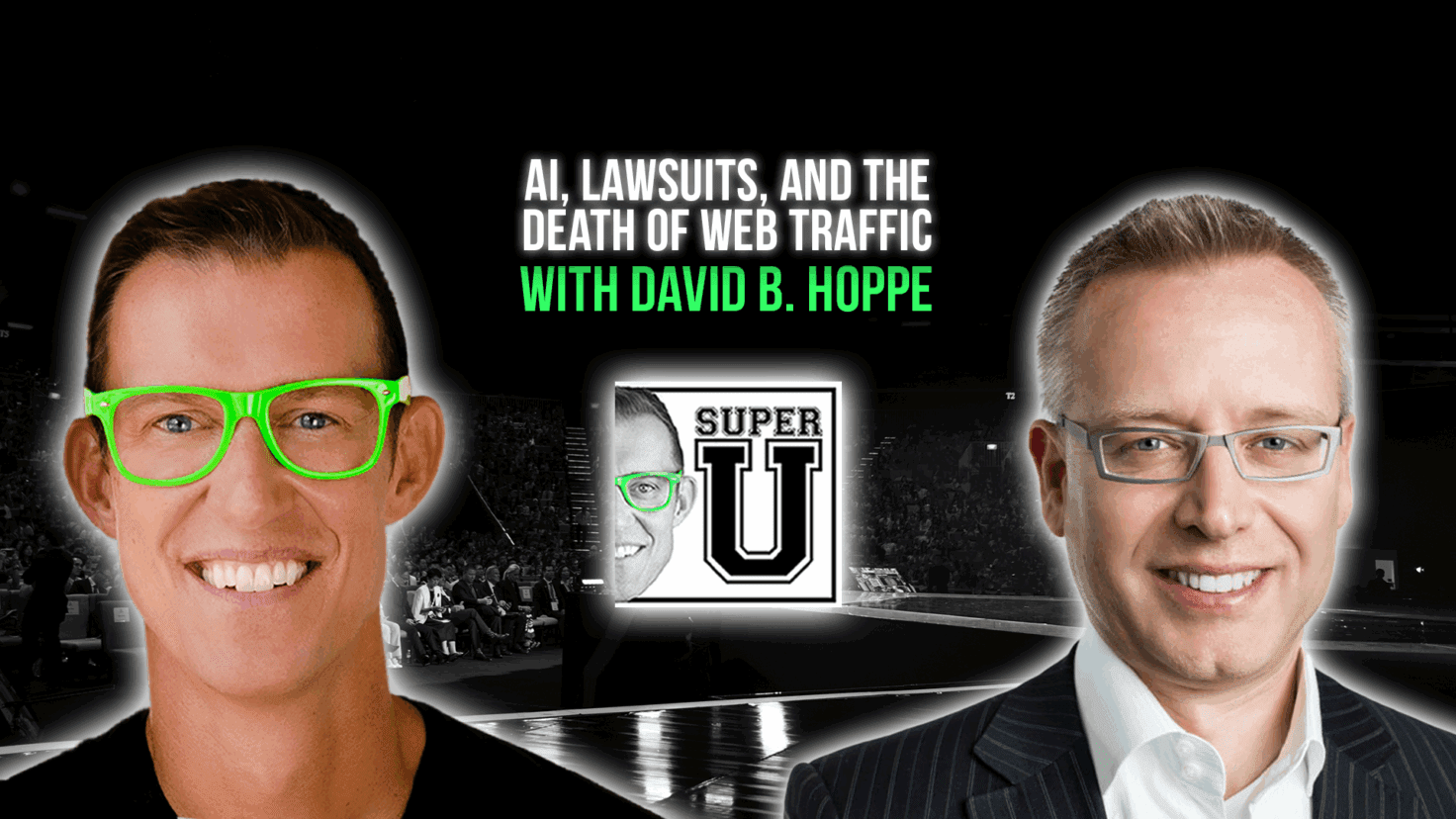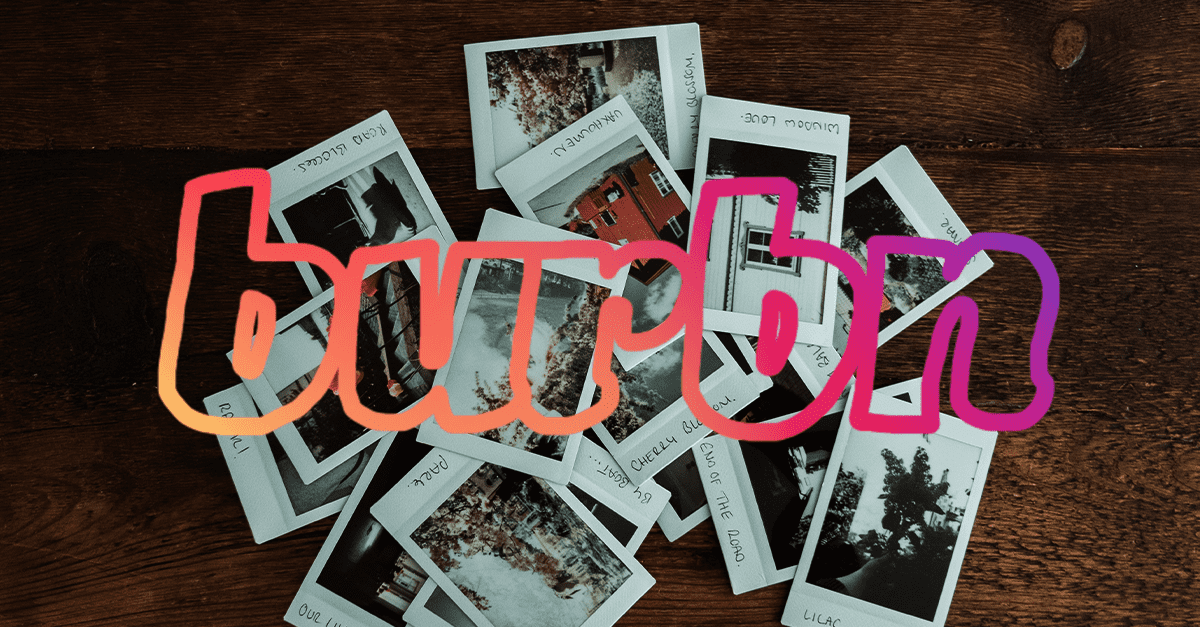A Way of Being
Today, we hear from legendary record producer Rick Rubin. Rubin is a co-founder of Def Jam Recordings, founder of American Recordings, and former co-president of Columbia Records. Rubin helped popularize hip-hop by producing records for acts such as the Beastie Boys, Geto Boys, Run-DMC, Public Enemy, and LL Cool J. He has also produced hit records for acts from a variety of other genres, predominantly heavy metal (Metallica and Slayer), alternative rock (Red Hot Chili Peppers and the Strokes), hard rock (Audioslave and Aerosmith), nu-metal (Linkin Park and Rage Against the Machine), and country (Johnny Cash and the Chicks). In 2007, Rubin was called “the most important producer of the last 20 years” by MTV and was named on Time‘s list of the “100 Most Influential People in the World”. His first book, The Creative Act: A Way of Being, was recently published in January 2023.
5x #1 Bestselling Author and Motivational Speaker Erik Qualman has performed in over 55 countries and reached over 50 million people this past decade. He was voted the 2nd Most Likable Author in the World behind Harry Potter’s J.K. Rowling.
Need a sneak peek? Below are the main takeaways from the episode.
A Way of Being
Tip #1
“Since every project they work on is so different. And since on a daily basis, I see something work that I don’t understand. I could never have that feeling of it being about me. I know it’s not about me because I do it all the time. And I see. I’m happy to be there. I’m happy to witness it and experience it. I’m happy when a possible solution occurs. That works. But I don’t feel like that has anything to do with me. And I’m just as happy. If an if a better solution occurs to someone else in the room. As long as the project gets better. I don’t care. I just want there’s no ego in it because we’re all on this We’re all on a team working together for this thing, whatever it is to be the best it could be. So there’s no room for anyone to have any part of it be theirs. It’s none of ours really.”
Tip #2
“Let’s say I was producing your new record, and you played me something and I had some thoughts about it, it wouldn’t be so helpful for me to tell you what those were, it’d be better for us to wait till we were in a place where we could try things and see where it goes. So the first thing is, I wouldn’t rely on language to do it, it would be more of a making a suggestion or something that’s actionable, we try it. And then we have more data. And either we’re moving in a good direction, or we’re moving away from or moving towards it or away from it. And we never know. And so it’s always an experiment. And maybe a simple way to talk about it would be if I gave you two dishes of food and asked you to taste them and tell me which one you like better. It’s pretty usually it’s pretty straightforward, you know, when you have two choices, which you like better. And I think most creativity can be boiled down to that. That’s very different from I wonder how this is going to perform on certain social media platforms that are different than what is when I’m tasting these two things, which is the one I want to finish eating. And, if I would say, I like this one better, but it needs a little salt, and then put a little salt on it’s like maybe too much salt. And you’ll and you know, in your case, it’s like, it’s that simple.”
Tip #3
“Because otherwise, if there’s an infinite number of choices, anything can be anything, you know, it’s like it’s it’s sometimes more choices is not better. So limiting your palette, to something manageable, forces you to solve problems in a different way. Now, in our digital age, music-wise, you can make anything digitally, there’s no like in there was a time when if you didn’t have a guitar in the Studio, you couldn’t record guitar. Or if you didn’t, if you couldn’t hire an orchestra, there couldn’t be an orchestra on your recording. Now you can just call any of those things up. So there are infinite choices. And infinite choices don’t necessarily lead to better, better compositions or better final works. Understanding how you feel. In the face of other voices without second guessing yourself is probably the single most important thing to practice as an artist or skill set to develop as an artist is to know how you feel and own your feelings. And the key to that is not I know so I know what’s right for you. It doesn’t work that way. It’s just I know for me and the reason I chose to be an artist is to demonstrate this is how I see it if I’m undermining my taste for some commercial idea, or it defeats the whole purpose of doing this is not that’s not what this process is about this process is I’m doing me and I’m showing you who I am and you can like it or not but either way this is still how I see it.”
Tip #4
“When we have an idea, and we don’t execute it, it’s not new if you have a good novel idea, you’re excited about it, but you don’t act on it. It is not unusual for, you know, six months later to see it come out in the world by someone else. And it’s not because they read your mind or they read your diary of the idea that you wanted to do. It’s because it was time for that thing to happen. And the reason you wanted to do it was the same reason that the other person wanted to do it. It was the culture that set the stage for this to happen. And whichever of us has the best antenna can pick up on what it’s time for. And I’ll say I didn’t know this. I still don’t know this. But it has turned out that the reason that the things that I’ve made have found their way into the world and met with interest is only because it was the right time for those things to happen. But I didn’t act on the feeling thinking now is the time to do this. It’s like, now this is the time for me. I think that’s I think that’s realistic. I think that’s realistic. And it’s not intellectual. It’s not based on looking at any charts or any analysis. It’s it’s only based on a feeling in me of what are the things that make me lean forward. What are the things that make me laugh? What are the things that make me excited? What do I find beautiful today that I didn’t notice yesterday? What are those things?”
Tip #5
“Distraction, and procrastination are related and different. Procrastination is not a good one. Distraction can be distraction can be helpful. You can use distraction if you hold a question to be solved. And don’t sit and think and try to solve it. But go do something else. And go, you know, take a walk or go for a swim, you’ll find that it changes and the distraction of when you go for a walk and seeing Oh, look at that tree over there. Look at those birds, or Whoa, that cart theme kind of close to me all have those things that that living in the world, even though it’s not challenging in any real way. It’s a distraction that’s using some part of your brain some part of your brain is occupied with do I turn left? Or do I turn right? Oh, look at that thing over there. Was it going to rain, these other things are happening that’s different than just sitting in a room looking at your laptop, just those outside cues, can give you a way in to solve a problem that you wouldn’t solve if you were sitting and working on it.”
Tip #6
“It’s not uncommon when I’m out and about to have someone recommend something that they think I like. And when they recommend it to me, I listen. And it sounds like a terrible thing. Something that I don’t like the kind of thing I don’t like whatever it is an example would be sad. A real example. hypothetical example is Oh, you love this new horror movie. I don’t like our movies, there’s no chance I’m going to watch a horror movie. That wouldn’t work. If three different people who don’t know each other, all suggest to me to watch that horror movie. I will watch that horror movie, even though I know it’s something I don’t like. And the reason is, the universe really wants me to be aware of this. People are telling me why are people telling me this is not for me. So that’s an example of again, paying attention to the signs around you. If several of your friends tell you the same thing that you initially discounted, it might be worth a look.”
Tip #7
“Maybe your purpose in life isn’t related to your job. Maybe your job is your job, and the job is the thing that supports you. And then the rest of your waking hours are devoted to your purpose, whatever that is. Yeah, and it’s beautiful when it happens. But it doesn’t always happen. And it’s out of our control. Also, we can decide, I would say, if you need to have a job to support yourself, that’s great. That’s a noble thing to do. And follow your dreams. But I’m not saying they’re one thing, don’t let following your dreams, undermine your ability to support yourself. It could do it could actually do the opposite. If you decide I want to be a comedian, and I’m putting all my eggs in the comedian basket, and I’m going to be a comedian. The pressure of having support, support yourself will change you as a comedian, not for the better. You want the stability, of being able to take care of yourself in the world, to be free to do whatever your passion is, whatever it is fishing.”
…
Connect with Rick Rubin:
Instagram: @rickrubin
Twitter/X: @RickRubin
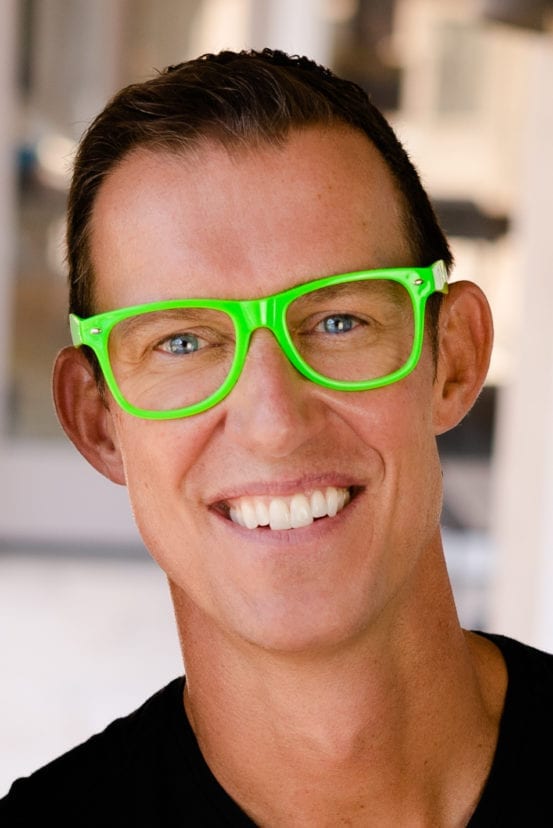
To ensure you don’t miss future episodes, subscribe to our podcast by clicking here >> Super U Podcast. We hope these tips help unlock and unleash your inner superpower!
The Super U Podcast is hosted by #1 bestselling author and Motivational Speaker Erik Qualman.

